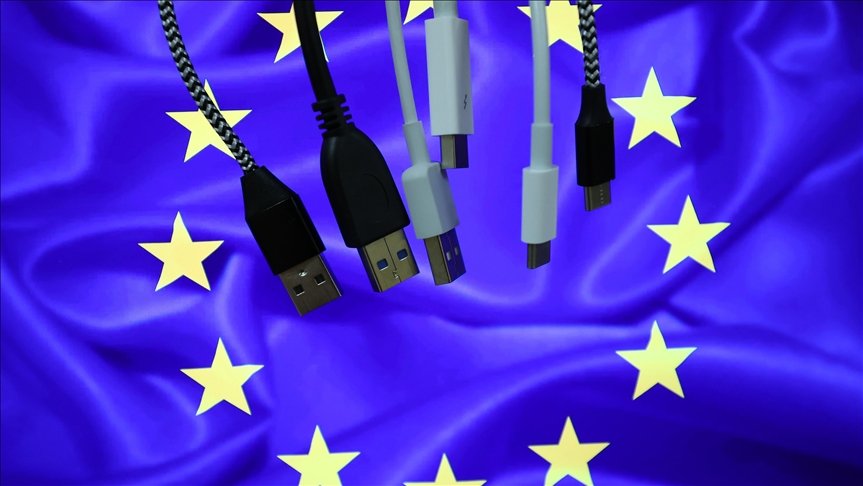News
How EU Standardised Charger Policy ‘d Reduce Electronic Waste

The European Union (AU) has taken a new trade measure that it likely to not only reduce electronic waste but also improve user experience.
This is coming by way of its standardisation of charging ports for mobile phones and other portable electronic devices.
In other words, electronic garget users in different European Union countries, no longer have to carry about multiple chargers because of differences in charging ports.
Instead all new devices sold in the EU must now support USB-C charging, according to EU press release.
The new regulation will not only simplify life by reducing the number of chargers people would need to buy and carry about, but would also help minimise electronic waste.
The EU’s Common Charger Directive was approved by the Council of the EU in October 2022, with manufacturers given a transition period to adjust their designs and ensure compliance.
READ ALSO: Illegal Electronic Transactions: CBN Issues New Directive To PSPs
READ ALSO: Importance Of Renewable Energy In Construction Of Senior Citizens Buildings (2)
From 28 December 2024, the rules apply to mobile phones, tablets, digital cameras, headphones, headsets, videogame consoles, portable speakers, e-readers, keyboards, mice, portable navigation systems and earbuds sold in the EU.
However, from 28 April 2026, it would also apply to laptops.
apart from reducing electronic waste, the new policy as captured by the release is lauded for potential in:
- Increasing consumer convenience: You can charge your mobile phone and other similar electronic devices with one USB-C charger, regardless of the device brand.
- Reducing e-waste: Discarded and unused chargers account for about 11 000 tonnes of e-waste annually. The new rules encourage reusing chargers, which helps to reduce the environmental footprint.
- Saving money: You can now buy new electronic devices without a charger. This will help consumers save approximately €250 million a year on unnecessary charger purchases.
- Harmonising fast charging technology: New rules help to ensure that charging speed is the same when using any compatible charger for a device.















